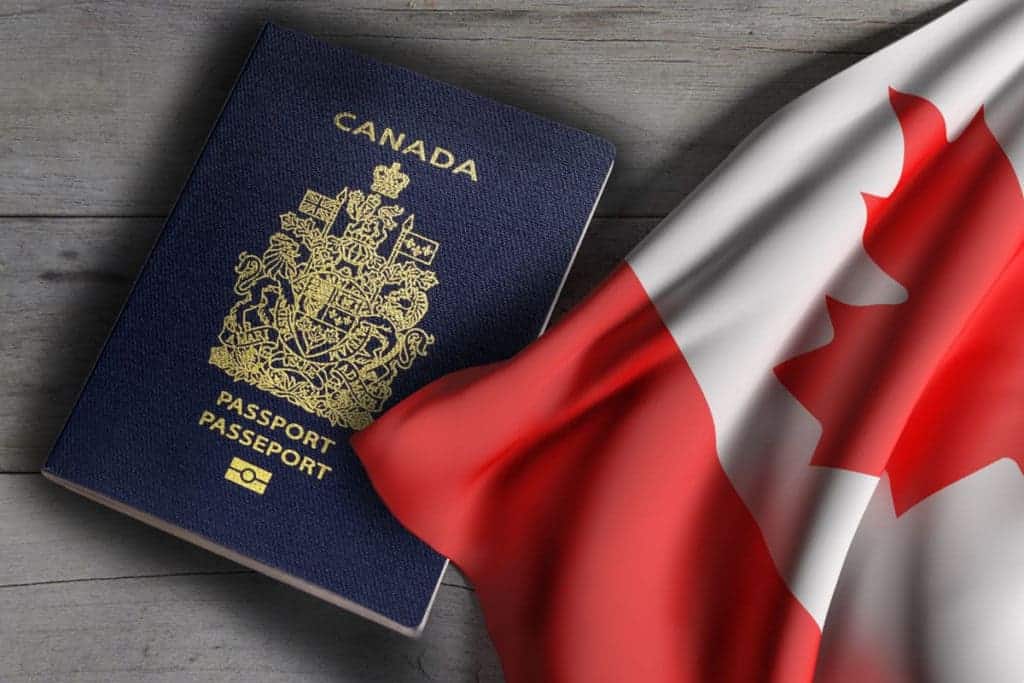Canada Immigration can be confusing and stressful for many immigrants and newcomers. Some people may have experience in Canada before becoming residents, while others make their first visit as tourists. Immigrants may come to Canada searching for a new opportunity, a better life, or both. Whether they seek immigration strictly for business or pleasure, it’s important that they are aware of their options and understand how the system works. There are several ways to get the help you need and make the most of your time in Canada.
Different Types of Canadain Immigration
When considering Canadian immigration, there are two types of visitors to Canada: first-time applicants and long-term residents. First-time visitors are those who intend to stay in Canada for at least one year or up to three years. Immigrants who become residents of Canada permanently are known as Canadian citizens. Business immigration involves a different set of circumstances from other categories of immigration and may be subject to more rules and regulations.
The Federal Balanced Act governs the application process for immigration, providing candidates with the information they need to succeed. To qualify for immigration, applicants must fulfill the following criteria: have completed high school education; have attained an average score once the application is received, it is usually processed within twelve months. Generally, applicants wait six to twelve months to receive approval from the Canadian immigration authorities. In some cases, like for special immigration programs and dependent spouse status, applicants may take up to 18 months to receive an answer. Finally, once an application is accepted, it takes two years or more for permanent resident status to be granted in Canada.
What Happens After Receiving an Immigration Application
After receiving an application for immigration, potential applicants may apply for a temporary work permit for a specified period of time. A temporary work permit is only available for workers who are Canadian citizens or Permanent Residents. On the other hand, a work permit may apply to any person who is a national of Canada even if he or she was not born here. Finally, a study visa or work permit is not always needed to apply for immigration; however, it is helpful if you do.
The Federal Balanced Act further regulates the eligibility of applicants for immigration and the process involved. In order to be eligible, applicants may apply for the various programs that the government provides. These include the Economic growth program, the Employment Significance Test, the Federal Skilled Worker Program, the Canada Experience Class, as well as the Canada Family Immigration Program. Finally, if the applicant completes any of the programs established by the Canadian government, for example, the nouveau package or the citizenship certificate, he or she may apply for an immigrant visa.
Canada Immigration, Refugees and Citizenship is the department of the Government of Canada whose responsibility is concerned with matters concerning immigration to Canada, immigrants, and Canadian citizenship. The department was established within the Canadian Parliament after a reorganization in 1994. In keeping with its focus on issues concerning immigrants and their integration into the country, today the immigration process has become much speedier and streamlined. It is also much more organized, making it easier for those considering immigrating in any way. As well, it is a very safe country in terms of national security.
On What Principles Canadian Immigration Principles Are Built
Canada immigration is a system that has been developed based on the principle that the population of a country should be able to absorb immigrants. Although Canada has an aging population and the prospect of young people moving to the country to settle down and contribute to economic growth is dim, the population as a whole is still increasing. In fact, the growth rate is fast approaching the rate of increase of the total population of the U.S., and it shows no signs of slowing down. Therefore, Canadian immigration presents many benefits to both current residents and those who wish to immigrate to the country. It makes sense to visit this country once in your life – you will not want to miss out on the opportunity to witness firsthand the beauty of the Canadian landscape and the amazing way people interact with each other.
When applying for Canadian immigration, one of the first things you need to understand is the basic laws and regulations regarding immigration in the country. One thing you should understand is that the laws regarding immigration are not just principles but actually written guidelines that detail the obligations of each immigrant as well as those of the Canadian government. In addition, these laws and regulations are periodically reviewed and revised by the Government of Canada, making adjustments where necessary. In doing so, the laws do not conflict with one another and can therefore be applied consistently, allowing immigrants to move freely while complying with the law and regulations.
Provisions That Help Immigration to Canada
Canada’s immigration law also contains provisions that allow permanent residents to work in Canada while fulfilling their obligations to the country. For example, immigrants may be able to work in certain industries within the country while maintaining their citizenship. Moreover, a person may be allowed to become a resident of Canada and then apply for citizenship after a five-year period of residence in the country. If this sounds too good to be true, you should read on to learn more about these laws.
The law stipulates that immigrants have to provide proof of their financial and personal requirements in order to apply for immigration. These proofs often include employment earnings certificates or other proofs. While applying for immigration, one must remember that they are responsible for reporting any changes made to their financial circumstances to the Canadian Immigration authorities. However, this does not mean that they should misrepresent information. In case a permanent resident does not report a change in their financial situation before receiving permanent residency, they can face serious penalties including possible deportation.
In Conclusion
Canada immigration laws state that criminal records of permanent residents will be kept by the Canadian government. However, the law does not state when these records will be disclosed. Therefore, one should understand that while a criminal record might prevent them from obtaining citizenship in Canada, their presence in the country may cause problems later. It is therefore important to report any criminal activity to the Canadian authorities so that their status as permanent residents can be canceled if found to be true. In addition, immigrants who plan to overstay in the country beyond six months after making their application for immigration may face fines or other consequences. If you have not applied for citizenship yet, it is best to consult an immigration lawyer to learn more about the various provisions of Canadian immigration law.







